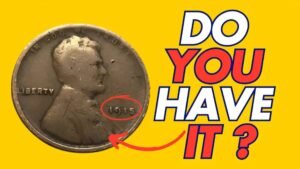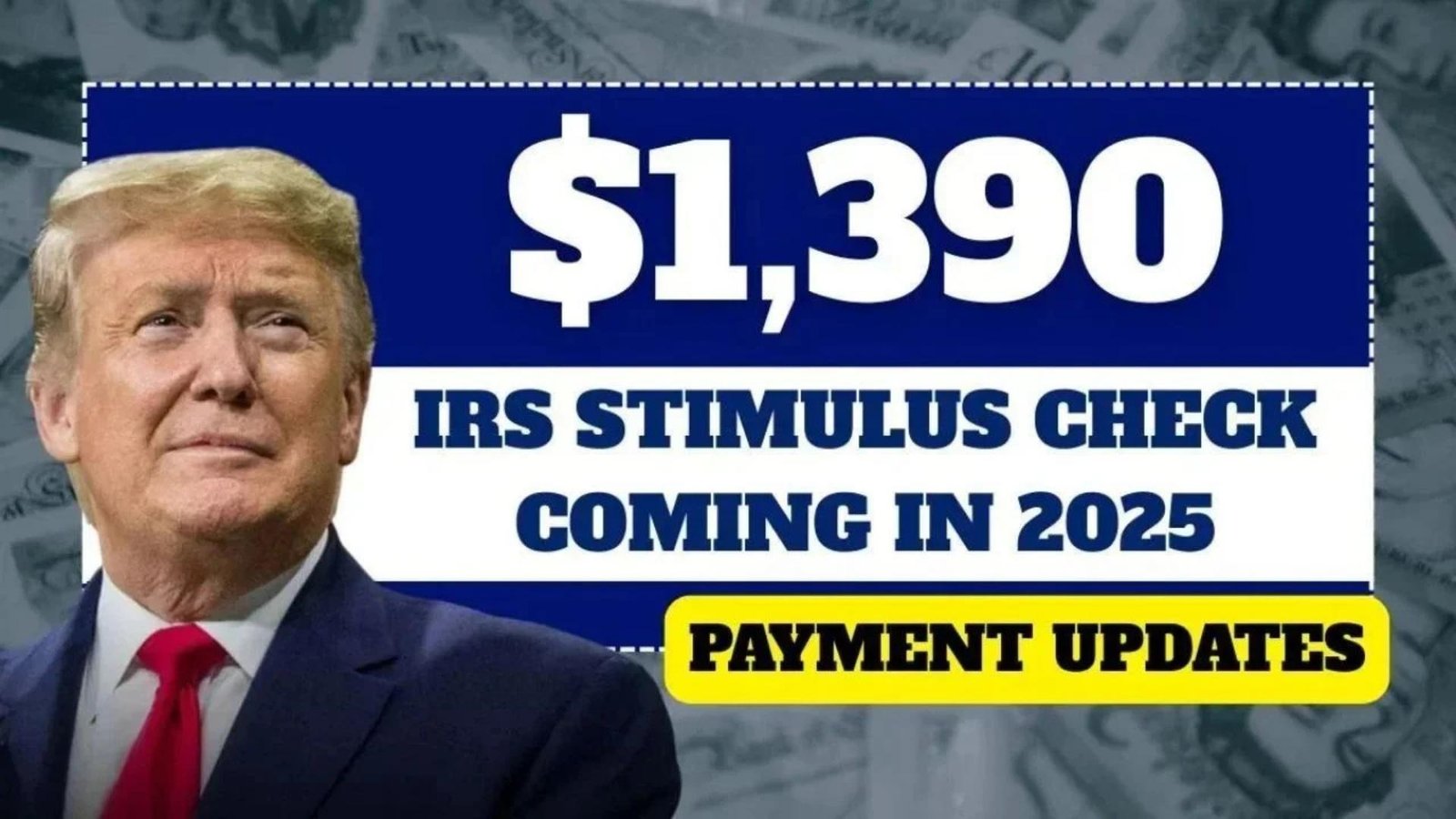The Lincoln Wheat Penny is a small piece of history that could be hiding in your pocket change. Some of these coins, minted between 1909 and 1958, are incredibly valuable due to their rarity, condition, or unique errors. One such penny has been valued at an astonishing $2.9 billion, and it might still be circulating! In this article, we’ll explore what makes this penny so special, its history, how to spot one, and why it’s worth a fortune.
What Is the Lincoln Wheat Penny?
The Lincoln Wheat Penny is a one-cent coin produced by the United States Mint from 1909 to 1958. It was designed by Victor David Brenner to honor the 100th anniversary of President Abraham Lincoln’s birth. The front (obverse) of the coin features Lincoln’s portrait, while the back (reverse) shows two wheat stalks framing the words “ONE CENT.”
Some of these pennies are now worth millions due to rare features, minting errors, or their excellent condition. Let’s dive into why one specific penny could be valued at $2.9 billion.
Why Is This Penny So Valuable?
The value of a Lincoln Wheat Penny depends on several factors. Here’s what makes certain pennies stand out:
Rarity
Some pennies were produced in very low quantities, making them hard to find. For example, coins from specific years or mints (like the 1909-S VDB or 1943 bronze penny) are extremely rare.
Minting Errors
Mistakes during the minting process can create unique coins. For instance:
- Double Die Errors: The design is stamped twice, creating a doubled appearance.
- Wrong Metal Errors: In 1943, pennies were supposed to be made of steel due to wartime copper shortages, but a few were mistakenly struck in bronze, making them incredibly valuable.
Condition
Coins in pristine condition, with no wear or damage, are worth more. Collectors use a grading scale (from Poor to Mint State) to assess a coin’s condition.
Historical Significance
The Lincoln Wheat Penny’s connection to Abraham Lincoln and its long minting history add to its appeal for collectors.
The $2.9 Billion Lincoln Wheat Penny
The penny valued at $2.9 billion is likely a one-of-a-kind coin, possibly due to a rare error or an extremely limited minting. For example, the 1943 bronze penny is one of the most famous. During World War II, pennies were made of steel to save copper, but a small number were accidentally struck in bronze. These are now worth millions, and a pristine example could theoretically reach a staggering value in today’s market.
Another candidate could be a unique error coin, like a 1955 double die penny, where the date and text appear doubled. Such coins in top condition fetch high prices at auctions. While $2.9 billion seems extraordinary, the value reflects the coin’s rarity, demand, and the growing market for collectible coins.
How to Spot a Valuable Lincoln Wheat Penny
You don’t need to be an expert to check your change for a valuable penny. Here’s a simple guide:
Step 1: Check the Date
Look for key dates like:
- 1909-S VDB
- 1914-D
- 1922 (No mint mark)
- 1931-S
- 1943 (Bronze, not steel)
- 1955 (Double die)
Step 2: Look for Mint Marks
Mint marks are small letters on the coin indicating where it was made:
- S: San Francisco
- D: Denver
- No mark: Philadelphia
Rare mint marks, like the “S” on a 1909 VDB penny, can significantly increase value.
Step 3: Inspect for Errors
Check for doubled text, unusual colors (like a bronze 1943 penny), or other oddities. Use a magnifying glass to examine details.
Step 4: Assess Condition
Coins with clear details, no scratches, and a shiny surface are more valuable. Avoid cleaning coins, as this can lower their value.
Step 5: Get It Appraised
If you suspect you have a rare penny, take it to a professional coin dealer or grading service like PCGS or NGC.
Table: Key Lincoln Wheat Pennies and Their Values
| Year | Mint Mark | Error/Feature | Estimated Value |
|---|---|---|---|
| 1909 | S VDB | Initials VDB | $1,000 – $100,000+ |
| 1914 | D | Low mintage | $500 – $50,000+ |
| 1922 | None | No mint mark | $500 – $30,000+ |
| 1943 | None/S/D | Bronze error | $100,000 – $2M+ |
| 1955 | None | Double die | $1,000 – $100,000+ |
Note: Values depend on condition and market demand.
Tips for Finding Valuable Pennies
- Check Your Change: Look through pocket change, coin rolls, or old jars at home.
- Visit Coin Shops: Local dealers may have rare pennies or can help identify them.
- Attend Auctions: Rare coins often appear at numismatic auctions.
- Join Collector Groups: Online forums and clubs can provide tips and updates on valuable coins.
- Store Coins Properly: Use coin holders to protect potential treasures from damage.
Why Collectors Love Lincoln Wheat Pennies
These pennies are more than just money—they’re pieces of American history. They were minted during significant events like the Great Depression and World War II. Their design, featuring Abraham Lincoln, resonates with collectors who value the legacy of the 16th president. Plus, the thrill of finding a rare coin in everyday change keeps collectors excited.
Conclusion
The Lincoln Wheat Penny valued at $2.9 billion is a reminder that treasures can hide in plain sight. Whether it’s a rare 1943 bronze penny or a pristine 1955 double die, these coins are worth checking your change for. By learning key dates, mint marks, and errors, you could uncover a small fortune. So, grab a magnifying glass, inspect your pennies, and who knows—you might find a piece of history worth millions!
FAQs
What makes a Lincoln Wheat Penny valuable?
A penny’s value comes from its rarity, minting errors, condition, and historical significance. Coins like the 1943 bronze penny or 1955 double die are especially valuable due to their unique features.
How can I tell if I have a rare penny?
Check the date, mint mark, and look for errors like doubled text or unusual metal (e.g., a bronze 1943 penny). Get it appraised by a professional if you suspect it’s valuable.
Where can I sell a valuable penny?
You can sell rare pennies through coin dealers, auction houses, or online platforms like eBay. Ensure the coin is graded by a service like PCGS or NGC for authenticity.
Can I clean my penny to make it worth more?
No, cleaning a coin can damage it and lower its value. Collectors prefer coins in their original condition.
Are all Lincoln Wheat Pennies valuable?
Not all are valuable. Common pennies from high-mintage years in poor condition are worth only a few cents. Rare dates, errors, or coins in excellent condition are the valuable ones.











